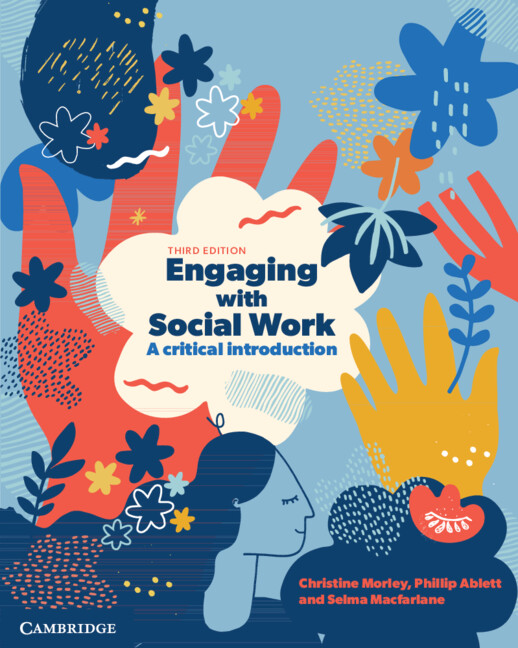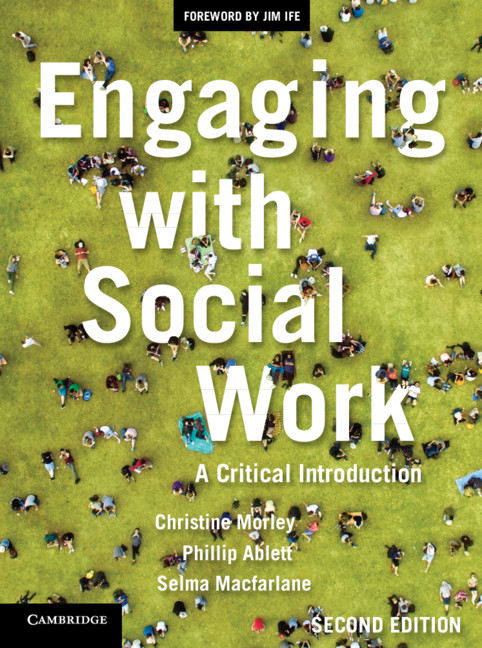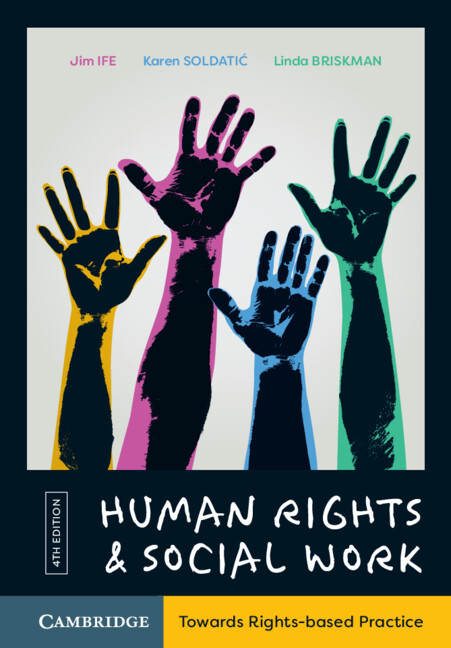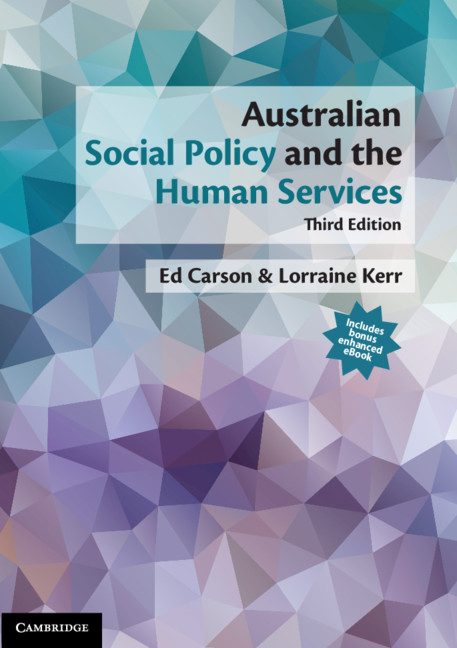Engaging with Social Work
Social work practitioners must be prepared to respond to emerging social problems in a rapidly changing world. Engaging with Social Work provides an introduction to critical social work, helping students to cultivate their own understanding of the structures and discourses of oppression and disadvantage, while exploring the role of the social worker. The third edition contains updated content on emerging social issues, including the COVID-19 pandemic, the climate crisis, broken systems – such as aged care and child protection, increasing wealth inequality, threats to democracy and the decolonisation of social work. Chapters include margin definitions of key terms, reflective exercises and case studies. Perspectives on Practice are integrated throughout the text. Aboriginal and Torres Strait Islander perspectives are also included throughout, providing an understanding of their experiences. Written by experienced practitioners, Engaging with Social Work is an approachable resource for students, providing them with foundational knowledge in critical concepts and theories.
- Provides an integrated critical perspective to practising social work and encourages the reader to challenge dominant social discourses and to consider their own personal values, biases and assumptions
- Enables readers to develop an understanding of the structures and discourses of oppression and disadvantage and explore the role of the social worker in overcoming these issues
- Updated to include content on emerging social issues, including the COVID-19 pandemic, the climate crisis and decolonisation of social work
Product details
October 2025Paperback
9781009397063
454 pages
254 × 203 mm
Not yet published - available from October 2025
Table of Contents
- 1. The critical potential of social work
- 2. Contemporary practice contexts: enduring social forces
- 3. The new normal: contemporary and emerging challenges and opportunities for social work
- 4. What can we do? A critical response to social contexts
- 5. How did we get here? The history of critical social work
- 6. Values and ethics for critical practice
- 7. Theories for practice
- 8. Social work practice
- 9. Diversity, power and knowledge
- 10. Fields of practice: challenges and opportunities
- 11. Advancing critical social work into the future.






